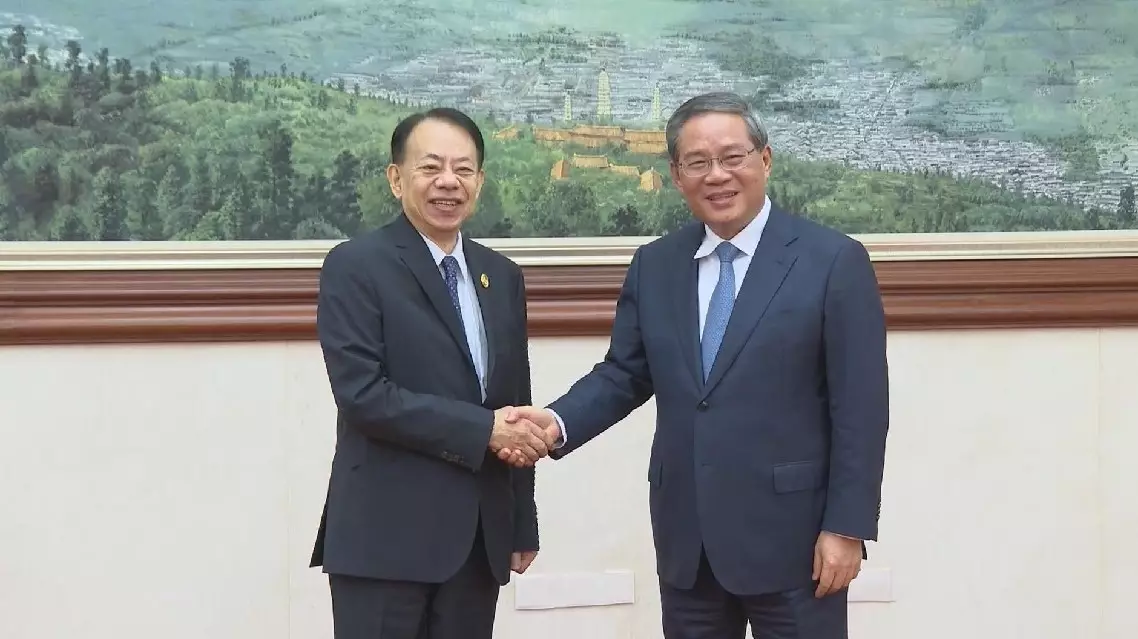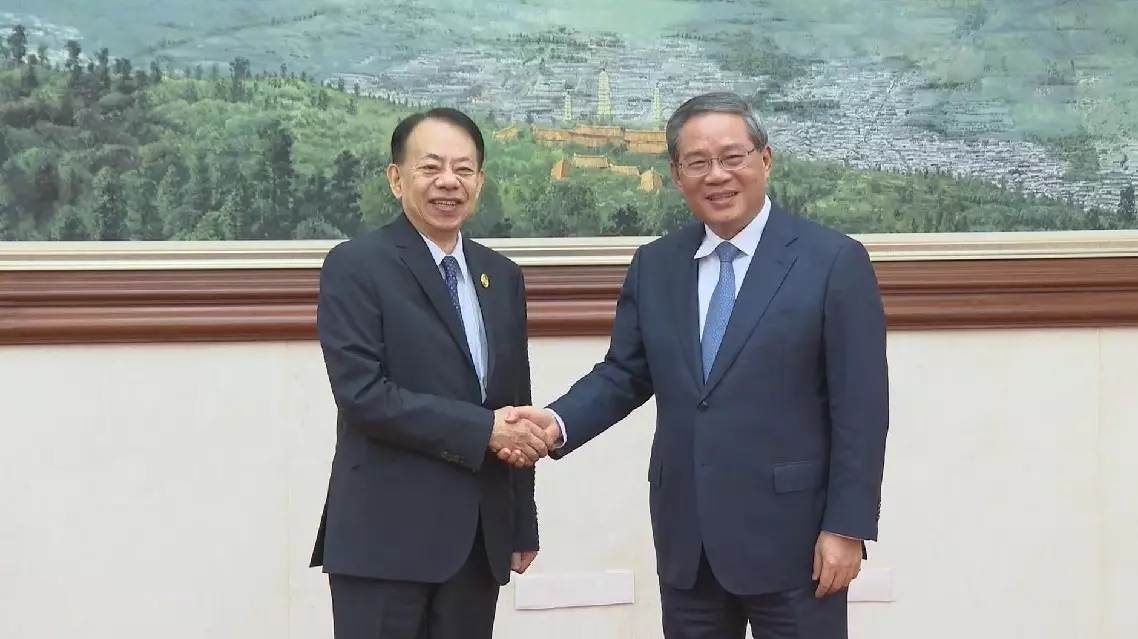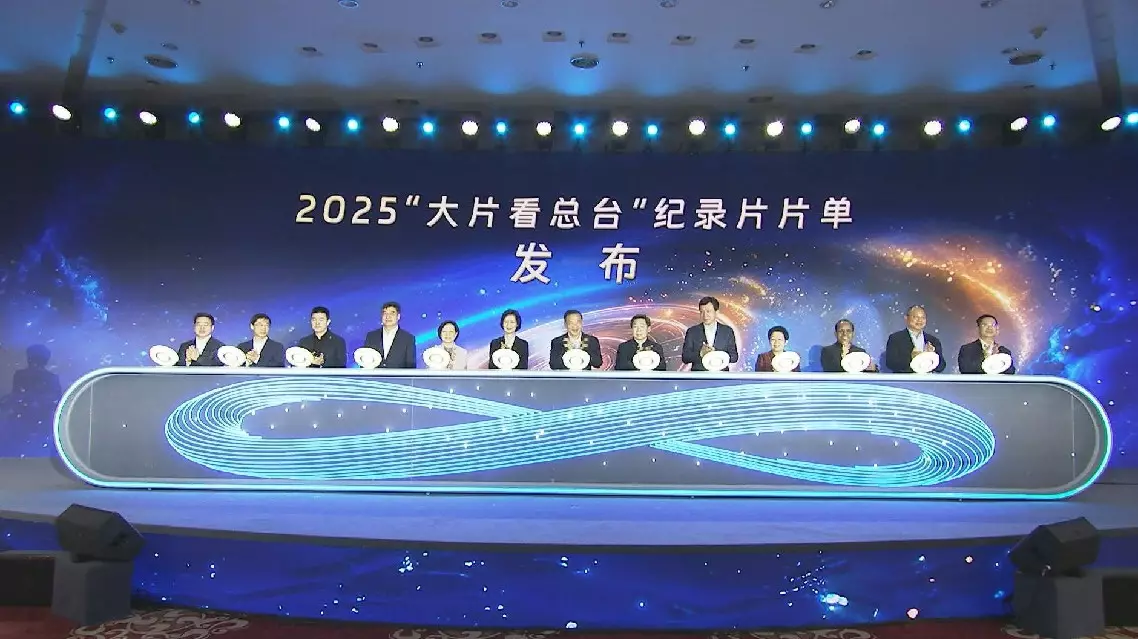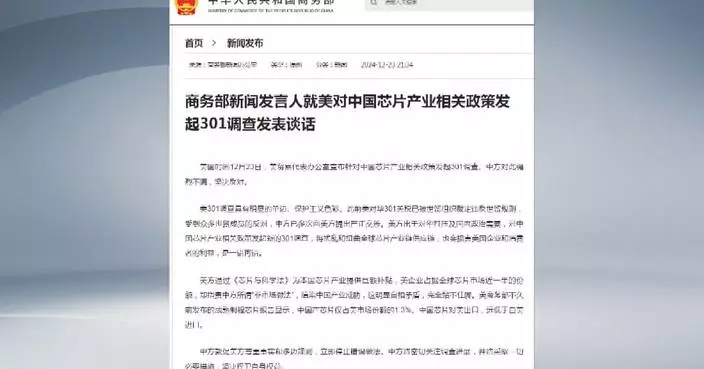Chinese Premier Li Qiang on Wednesday said that he hopes China and the Asian Development Bank (ADB) will continue to focus on development and extend the frontiers of bilateral cooperation.
Li made the remarks during a meeting with ADB President Masatsugu Asakawa, who is in Kunming, Yunnan, to attend the eighth Greater Mekong Subregion Summit from Nov. 6 to 7.
China's economy has been generally stable and seen progress this year, the premier said, and the country will advance its high-level opening-up continuously.
China is ready to strengthen financial cooperation with the ADB in the areas of environmental protection, green and low-carbon development, elderly care and medical care, and deepen knowledge cooperation in such areas as the development of emerging industries, the reform of fiscal and tax systems, and how to respond to an aging population, Li said.
He noted that China hopes to share its experience in poverty reduction, the digital economy and green development with other developing countries through the ADB platform.
China will continue to participate in and support Greater Mekong Subregion economic cooperation, and work with all parties to promote regional development and prosperity, Li said.
Masatsugu Asakawa said the ADB is committed to developing a more robust, comprehensive cooperative relationship with China, and will continue to support China's high-quality development.
He noted that the ADB is willing to strengthen cooperation with China in the areas of green and low-carbon development, climate change response, ecological diversity protection, energy transition, and knowledge and innovation.

Chinese premier expects China, ADB to boost cooperation

Chinese premier expects China, ADB to boost cooperation









